Welcome back to another addition of Chess in Small Doses. I want to thank everyone who’s subscribed and welcome the new subscribers. Today I’m going to share with you what I learned analyzing all 111 of my classical games on Lichess over the last 2 years. The exercise was meant to show me what is “the problem” (or more likely problems).
Perhaps analyzing is a strong word. I certainly did not do the GM Jesse Kraai method of analysis where you suffer over a notebook for hours to learnt the truth of the position (not that there’s anything wrong with that) What I did was use an engine.
I got an engine analysis of each game and I looked at every blunder it found. By looking at the blunders only I was hoping to identify the low hanging fruit in my game. For simplicity’s sake, I completely ignored the “Mistakes” and “Inaccuracies”. There was some editorial process obviously as all blunders are not equal. The blunders I focused on were the ones where I wonder what I was thinking. The moves where I went from winning to losing (or from even to dead lost). If an engine found a 17 move sequence that I missed, I’m ok with that. However if I missed a 2-3 move winning combination, or missed a mate threat that’s not ok.
For each of the blunders I tried to classify them using a simple system of 6 (not original) categories:
Opening Theory
Endgame theory
Tactics
Calculation
Strategy
Mental game
These are mostly self explanatory but lets run through each.
Opening theory blunders are where I just didn’t know the theory. (I can remember an OTB game where I lost to the Jobava London in something like 8 moves. Now a3 or Na3 are burned into my brain.)
Endgame theory blunders are where I wasn’t using the right endgame approach. Using each piece correctly in endgame is key. Knowing that rooks go behind the pawn is fine, until you forget it in a game.
Tactics blunders are where I missed a threat or a forcing move that led to material loss or gain.
In contrast, Calculation blunders are where I picked a losing move in a non-tactical position.
Strategy blunders are generally not having the right plan or not putting my pieces in the right place for the position. Think of blocking in your fianchettoed bishop for example. GM Kraai might call these “a chess crime.”
Lastly, Mental Game blunders are either errors of time management or of focus (as in lack of).
Here’s what I found…
Perhaps unsurprisingly chess at my level is mostly tactics and calculation. The fact that these two accounted for 2/3 of my blunders was a little surprising to me. After those two everything else was a distant second. Oddly enough, if one wanted to craft a training plan for me it would be very simple: Practice tactics and calculations, play some slow games, and forget everything else for now. Ironic that we spend so much time and money on resources for opening, endgame, strategy, and the mental game (or at least I have).
One nice thing I noted was that over the two year I had less and less blunders per game including several this year with none. I was happy to see that trend.
That being said, I noticed some common patterns:
Missing opponent’s threats
Missing opportunities to win material
Not always looking for forcing moves.
Missing opponent’s resources when calculating
Lacking a clear plan for the position
Forgetting to push my passed pawns
Playing too fast
Overthinking - The longer I spent thinking on a position, the more likely I was to blunder with the next move.
I find these last two ironic. If I play too fast I miss obvious stuff. If I think too long I start to hallucinate moves. I’m not quite sure what to do about that just yet.
On the other hand, perhaps I shouldn’t be surprised. If I don’t look for forcing moves consistently I’ll miss both threats and opportunities. That seems a simple mental fix, but somehow it’s still an issue for me.
For example, I missed the winning move (Bxf7+) in a game from 2 years ago.
Earlier this year, I missed Qxd1+.
Missing threats continues to be an issue. Here I missed Nf6+ and then Qxh7#.
And here I missed the obvious mate threat of Qf8#.
So what can I change now since I know this?
#1) Play more games. Rapid and classical games so I have time to think.
#2) While playing, be 100% clear what the opponent’s last move did. I miss too many threats likely because I’m thinking about what I’m going to do next and not what my opponent just did.
#2) Always look for forcing moves first when trying to choose a move. I seem blind to some moves, which means I probably need to work on more tactical patterns and seeing them in game
#3) Before I move, check all the forcing moves for my opponent. Call it a blunder check or whatever, but I need to be more consistently aware of the checks and captures my opponent has.
#4) Tactics and calculation will make up the bulk of my practice. Work on raising the ceiling and also the floor. I apparently need to improve my ability to see tactics in game. Until I improve, maybe just drop (or at least significantly reduce) the Endgame/Strategy/Mental game work.
#5) Enough with the opening work. It takes a lot of work to memorize an opening. This is another data point to show me that openings are the problem. I (like so many other players) have an obsession with the “perfect” opening prep. Instead I’m going to allow myself to make mistakes and instead learn by doing.
These are simple fixes for a complex game. I have a tendency to overthink both in life and in chess. Keeping the approach consistent and simple can help me identify threats and then respond. I don’t need to play brilliantly but I do want to play better. According to this analysis that means simply identify threats, look for forcing moves, and anticipate responses. Easy to say.. hard to do.
Thanks for reading! I hope you had a good holidays and can get in some chess. We had family over for several weeks which was a delight, but didn’t leave much time for chess. If you like, please share or leave a comment.
Next time we’ll dive into Meta-chess where we’ll be thinking about thinking. After that, it’ll be back to analyzing games! See you then!
P.S. I’ve had some great moves too and some great games! It’s important to give ourselves credit when we do play well. It isn’t healthy to just look at our mistakes and weaknesses all the time. So I give you my most recent blunder free game. Enjoy!

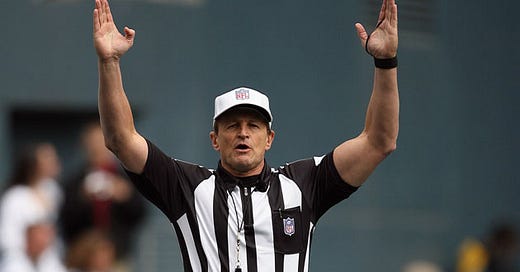



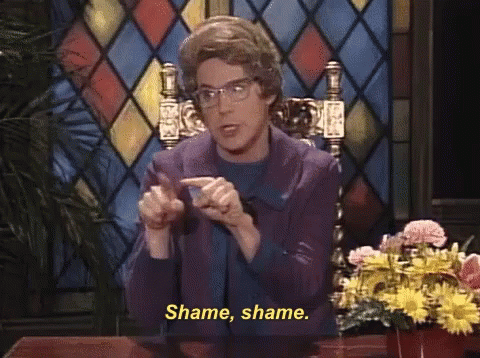
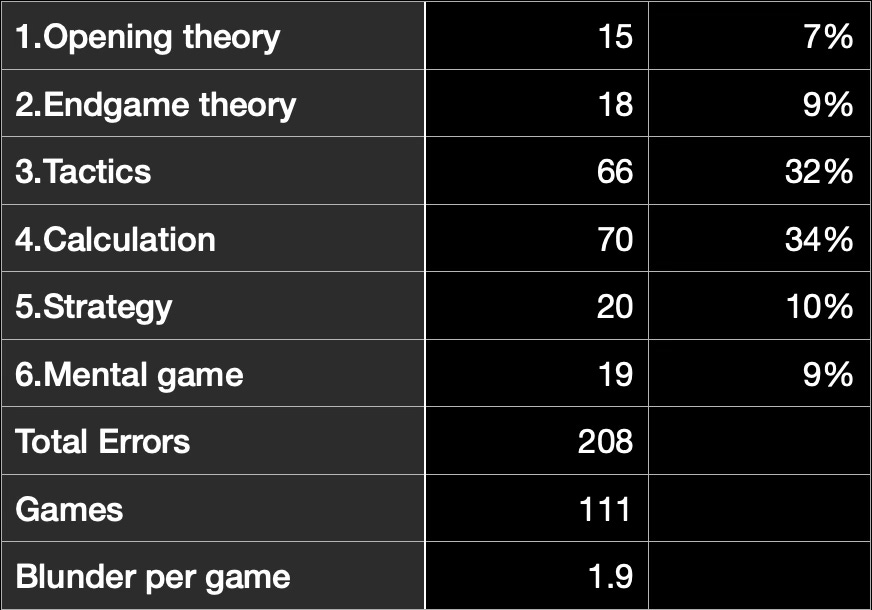
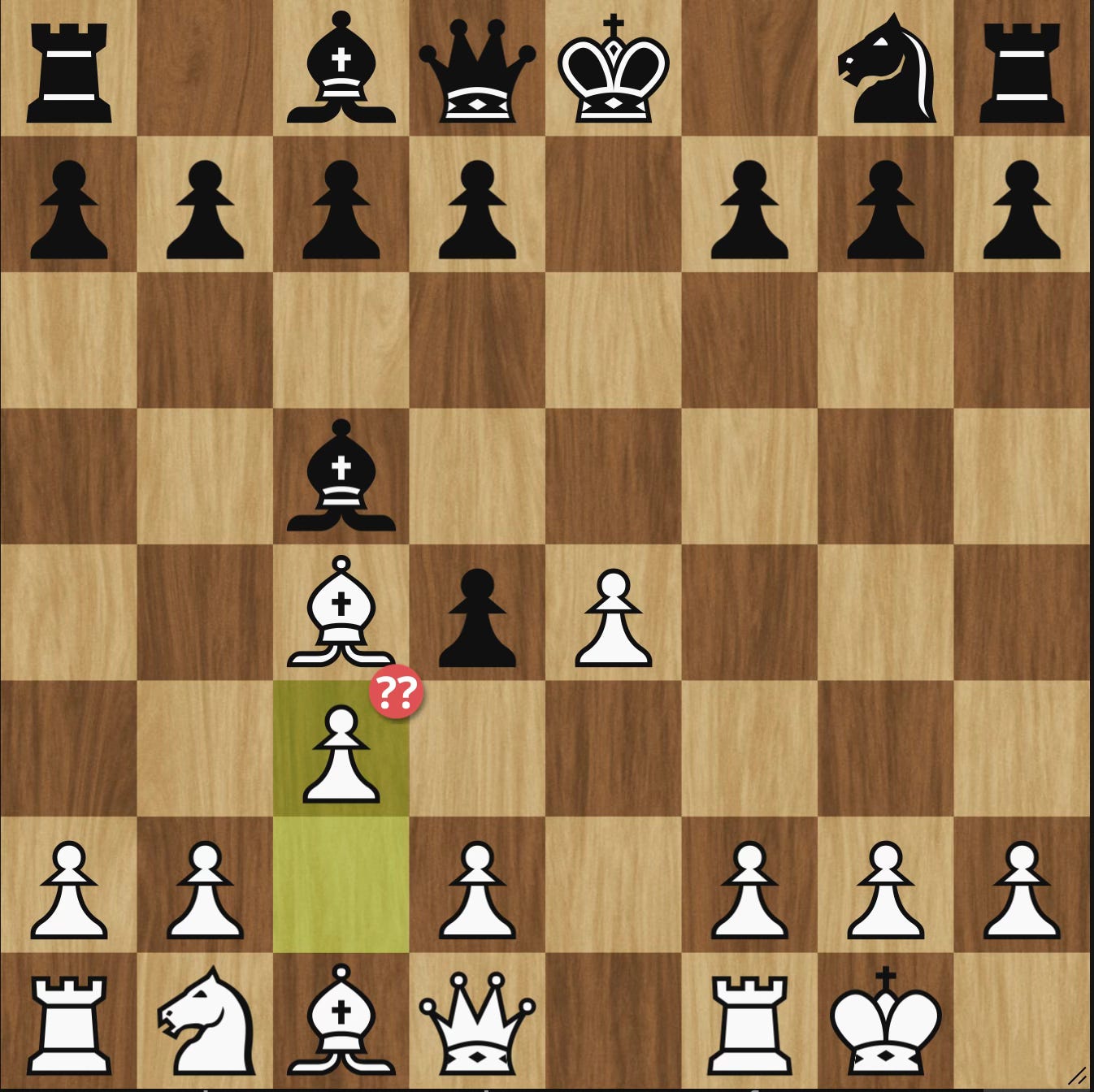
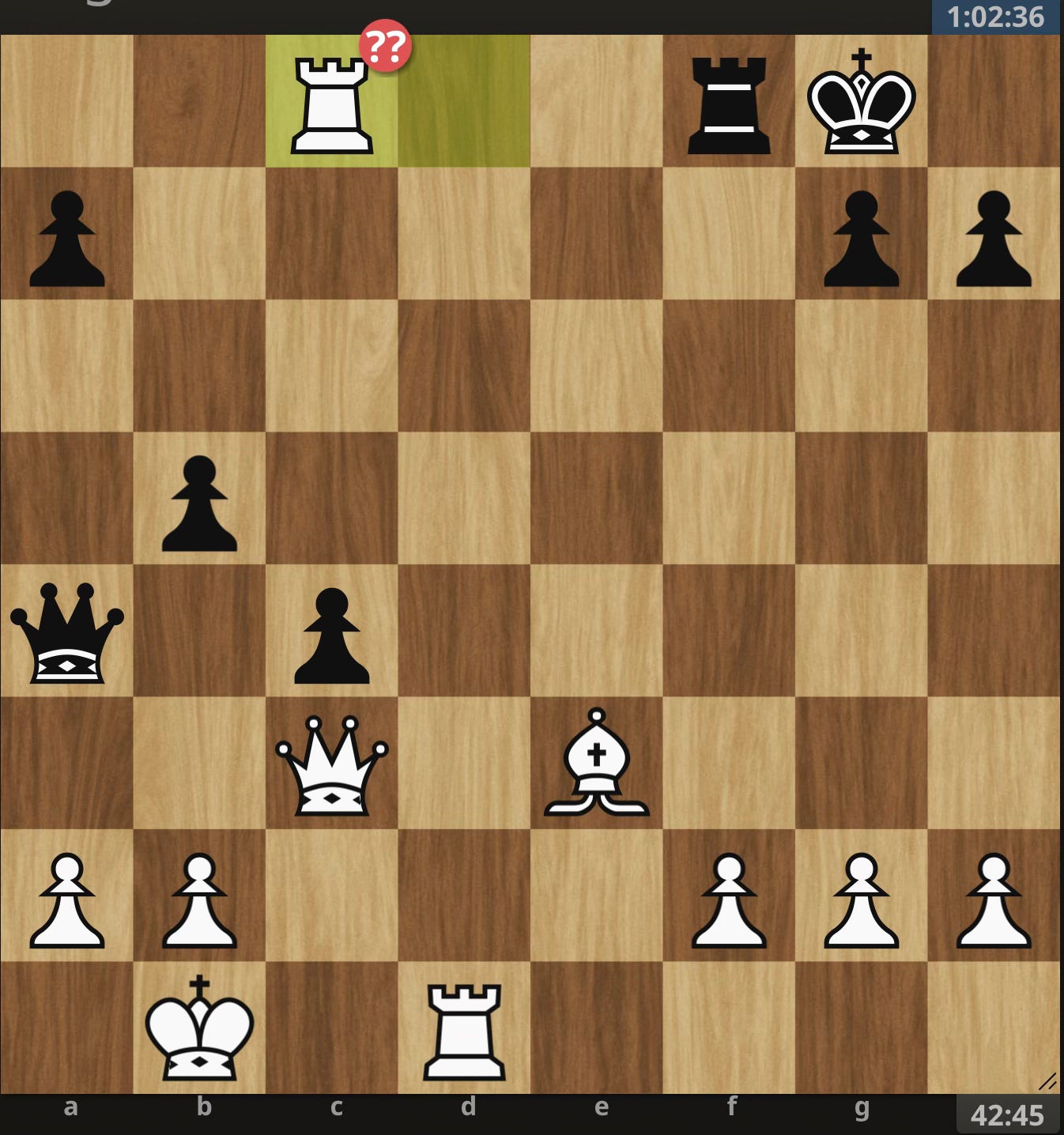
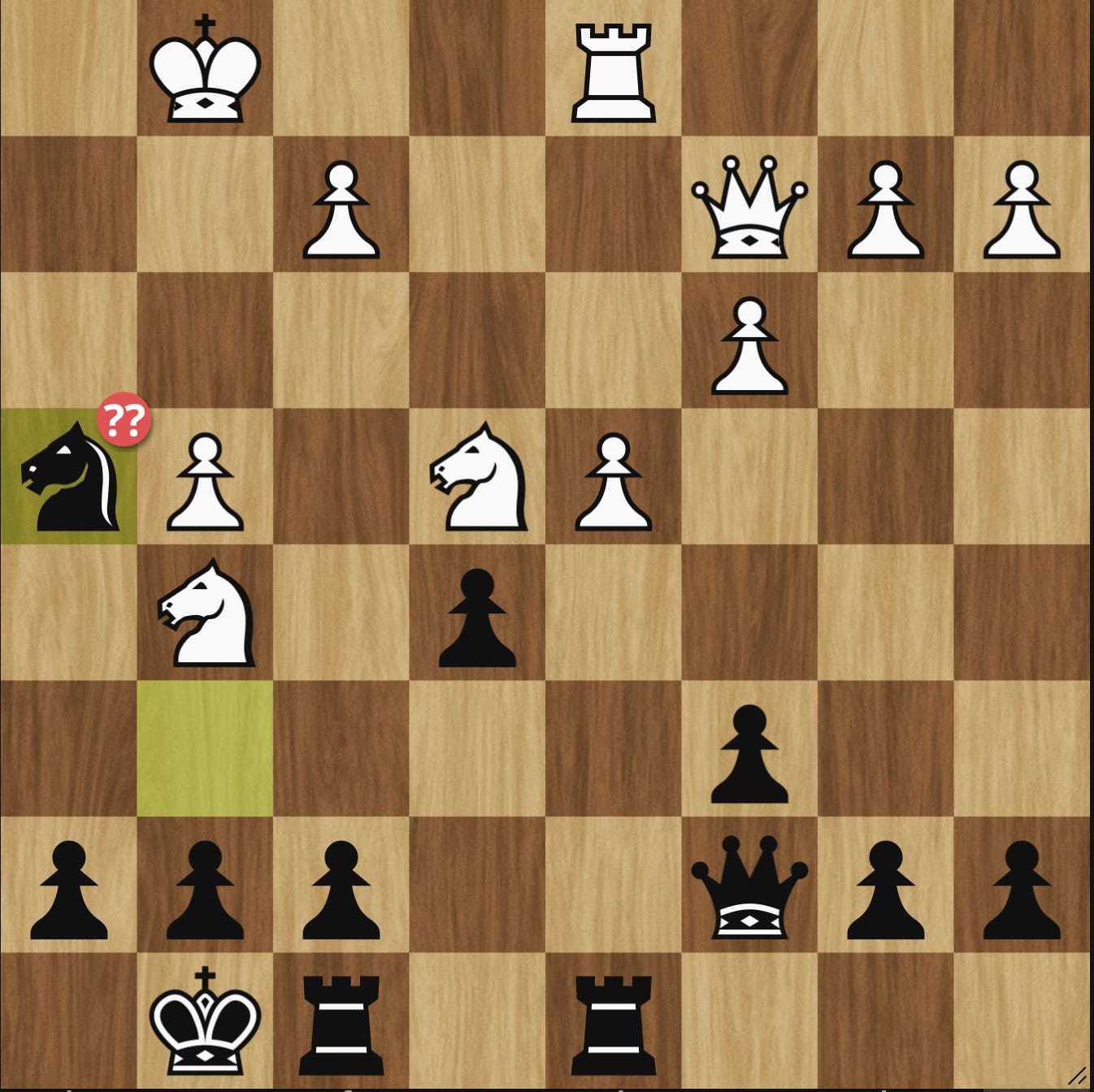


Really enjoyed this post and impressed with your process in learning from your game history. Excellent points presented from your findings to help with chess improvement. Thanks
I find this encouraging. I’ve played about 100 classical games this year and I feel bad because I have analyzed less than 20. I’ve been trying the slow manual analysis, checked with the engine next. This is so time consuming that I keep not doing anything. This engine-assisted batch analysis seems a very productive alternative. Thanks for describing it in detail.